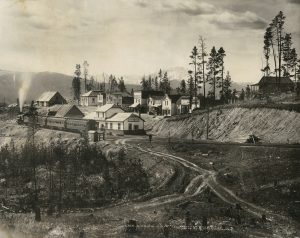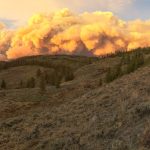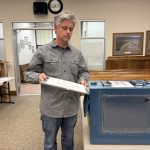History corner: Arrow, an early boom town hidden high in Grand County
Grand County historian
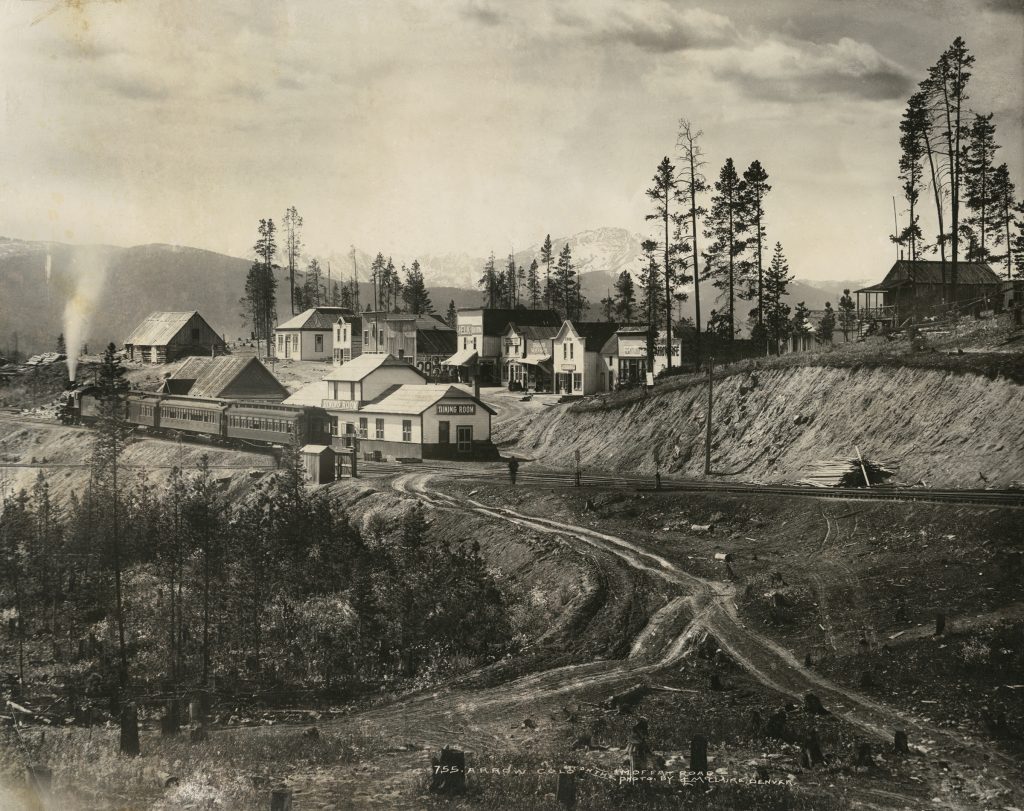
Grand County Historical Association/Courtesy photo
If you build it, they will come.
If ever the famous line from the 1989 film, “Field of Dreams,” needed validation, the story of the early hamlet of Arrow is proof that it happened in Grand County over 100 years ago.
In 1904, Arrow station passengers visited a new Moffat Road boomtown just west of the Continental Divide below the Rollins-Corona Pass with a large central business district with eleven saloons, several hotels, restaurants, a general store, four saw mills, a school, and a post office. The brand new train station was attached to a new dining room, if passengers did not want to wander too far.
By September 28, the rails reached Arrow. Freight trains began to run, bringing in revenue. Partially helped with a rough road, the railroad built from Arrow to the Fraser Valley below. 185 railcars of cattle and six of lumber were shipped out of the Arrow station. Stage coaches from Grand Lake met the train to bring passengers to enjoy the beautiful lake town.
In December of that year, Arrow was incorporated as a municipality. Arrow grew to be the largest town in Grand County, at that time. Arrow thrived and grew until late in 1928, when it became a virtual ghost town because the Moffat Tunnel opened, making the long and arduous train journey over Corona Pass unnecessary.
On February 28, 1928, the Moffat Tunnel opened for train service when the first train quickly roared through the six-mile tunnel through the Rocky Mountains. Today, a few Arrow cemetery stones, fireplace and foundation remnants can be found of this once prosperous Grand County town.
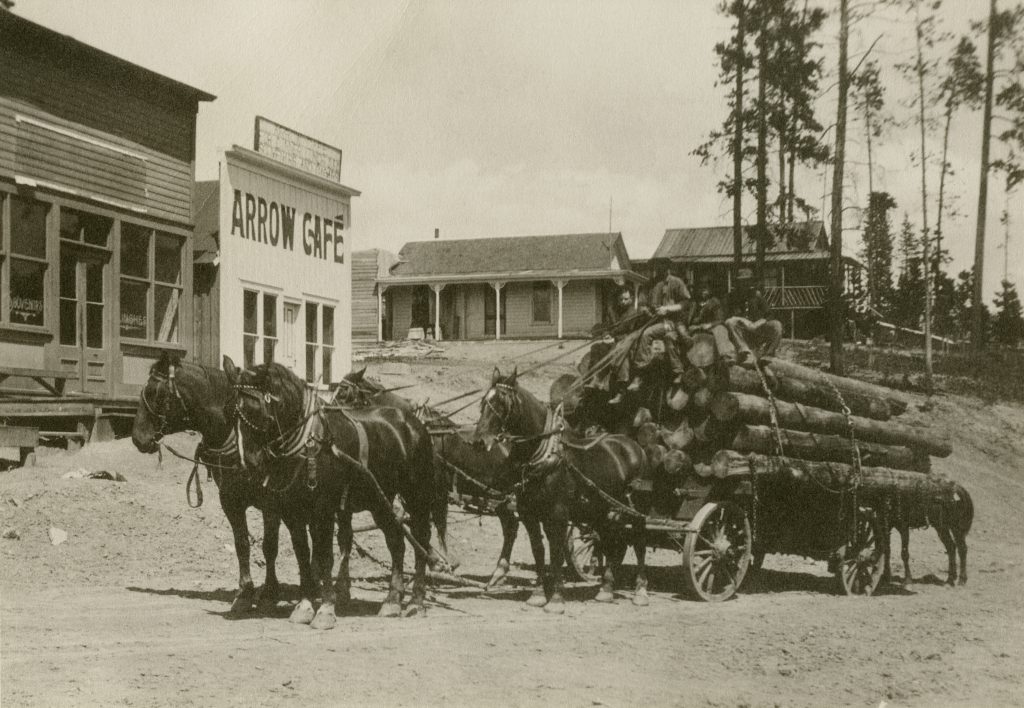
Penny Rafferty Hamilton, Ph.D., is a longtime scholar of Grand County history.


Support Local Journalism

Support Local Journalism
The Sky-Hi News strives to deliver powerful stories that spark emotion and focus on the place we live.
Over the past year, contributions from readers like you helped to fund some of our most important reporting, including coverage of the East Troublesome Fire.
If you value local journalism, consider making a contribution to our newsroom in support of the work we do.
